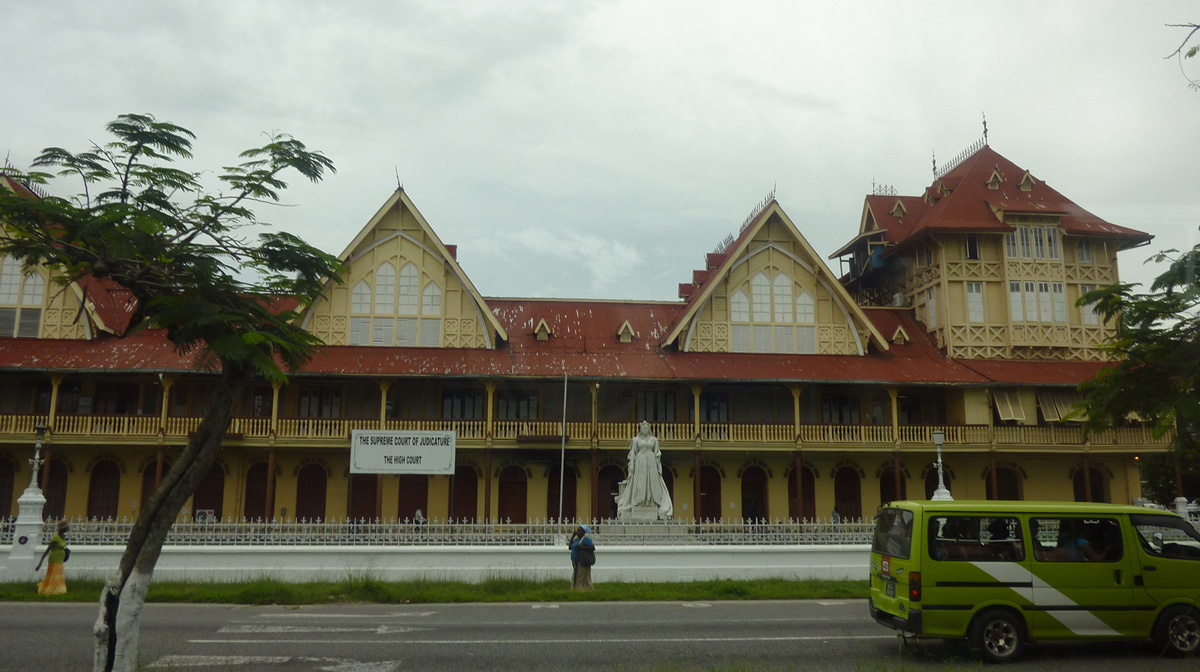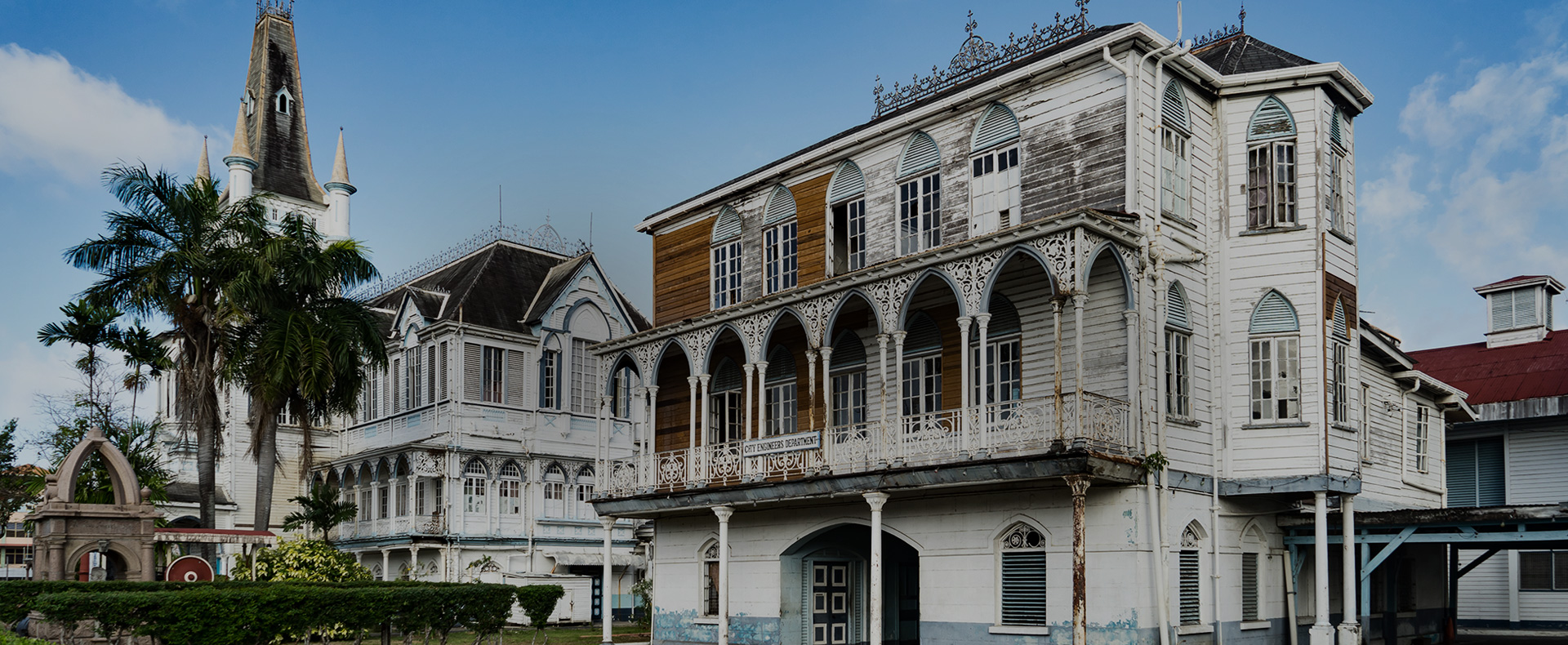A Caribbean Flavour to British Common Law

Some say that the British have given the world three great things: (1) the English language; (2) the common law; and (3) the games of cricket, rugby, and football (soccer). I believe this runs true throughout the Commonwealth, and it was certainly true in Guyana, a country so geographically distant from the UK - as my air miles testify! - yet sharing a common culture and a system of justice dating back over a thousand years.
As a former British colony and a member of the Commonwealth, Guyana adopted and continues to apply the English common law. Seeing the eccentricities of the English legal system - where Magistrates are “worshipful,” opposing Counsel is “learned,” and the accused stands in the dock - play out in a tropical context was fascinating.
A colleague remarked to me that he had once sat in the Guyanese High Court and that by closing his eyes, he could almost have been in the Old Bailey or the Royal Courts of Justice in London. Before travelling to Guyana as part of New Perimeter’s Justice Sector Modernization Project, I had a hard time imagining just how that could be the case. After visiting a Magistrates Courts on the outskirts of Georgetown, the capital of Guyana, I realized how true that comment had been.
In both the UK and Guyana, the Magistrates Court is the lowest criminal court and has two main functions: (1) to indict defendants in those serious cases which are to be committed to the High Court (the Crown Court in the UK) for hearing before a jury; and (2) to try those less serious cases where the Magistrate acts as the decider of both fact and law. Guyana is fortunate in that all of its Magistrates are legally trained, whereas in the UK only a minority of the bench, known as District Judges, are.
The most obvious differences from courts in the UK were the surroundings. The Court, like so many other buildings in Georgetown, was set upon stilts so as to protect it from flooding. It was made up of a single room with many shuttered windows which had been left open in an attempt to provide relief from the stifling heat. Unfortunately, this also allowed traffic noise from the street to fill the courtroom. The basic structure of the court - the bench, counsel's tables, the witness box, the dock, and the public gallery - was very similar to that seen in the UK.
As Court got underway, it became clear to me how difficult a job the Magistrates face in Guyana. There were no microphones and the Magistrate and the accused were completely dependent upon the advocates projecting themselves above the background noise. Additionally, one thing that caught my eye almost immediately was the noticeable absence of recording equipment or a court reporter. It became apparent that the responsibilities of the Magistrate included not only listening to the evidence and making a ruling on both the facts and the law, but also ensuring that there was an accurate record of the proceedings. This obligation made a very difficult task almost impossible. We were informed, however, that recording equipment may soon to be introduced which would allow the Magistrates to concentrate on the cases at hand rather than transcribing witness evidence.) The more I saw of these challenges, the more impressed I became with Magistrates’ ability to deal with the task at hand.
One other dissimilarity between my experience in the UK and what I observed in Guyana was the advocacy style of Guyanese lawyers. Guyanese lawyers were much more expressive in their advocacy. Conversations I had with several Magistrates revealed that the older generation of advocates adopted the more reserved British style whereas younger advocates were leaning toward a style more familiar in US courts.
Comparing notes with my US colleagues after the court visit was just as interesting as looking at the Guyanese model itself. The similarities and the future outlook of the Guyanese system, compared with that of the UK system, bore a striking resemblance to how the US system grew from the English common law and thereafter parted ways many years later. Though as a British lawyer I felt completely at ease in court in Guyana, I couldn't help but wonder if in 100 years the Guyanese system might be as different to that in the UK as the US system is today.
Modernizing Guyana's Justice Sector
